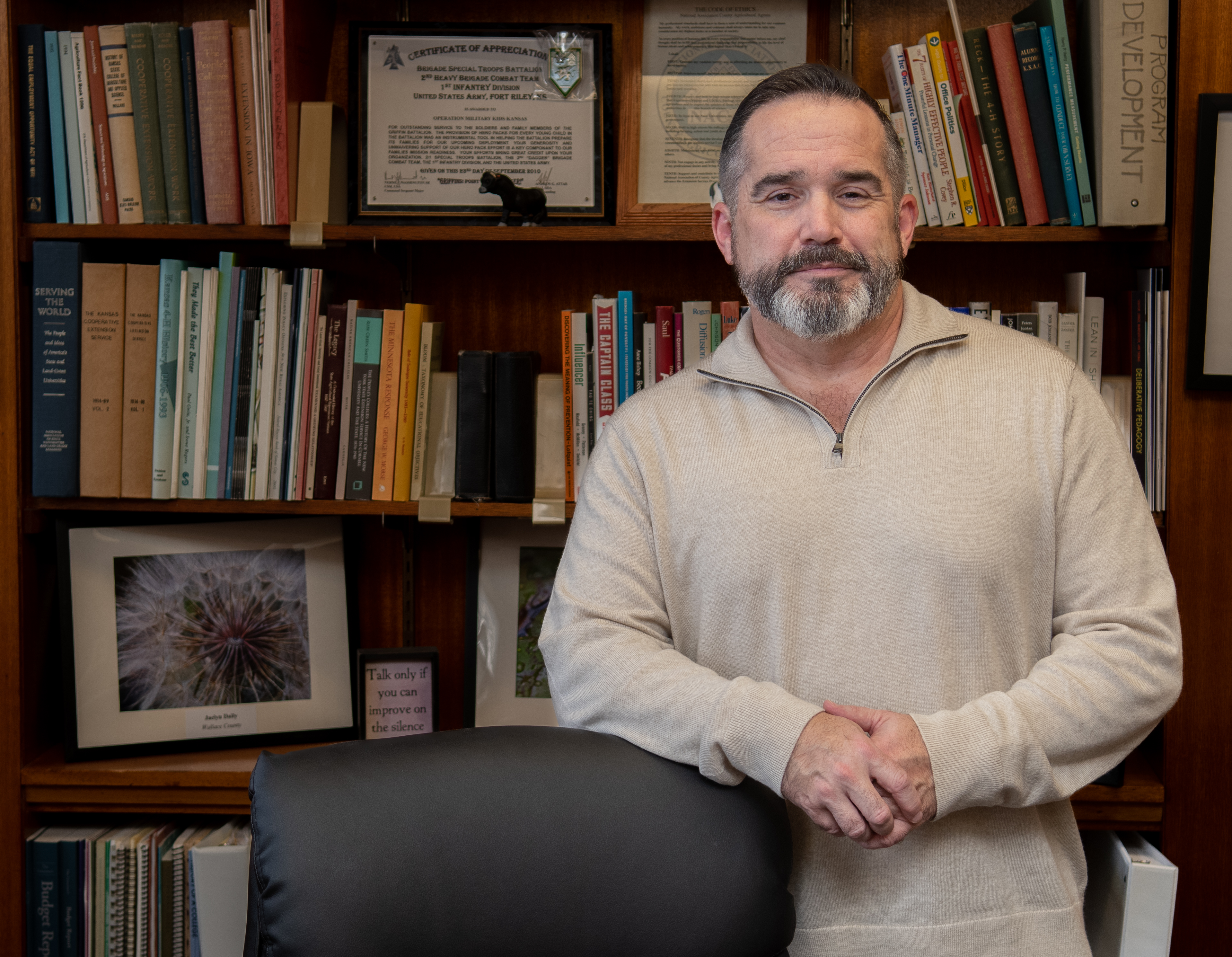February 11, 2025
This and That

A ‘This and That’ article is my term for when there are a lot of things to write about. And there does seem to be a lot to write about this week.
Let’s start with another Delivering on the Promise follow-up. One of the issues brought up in the Delivering on the Promise discussion series was hostile work environments and its effect on turnover. This issue is also well documented in the exit surveys of departing colleagues.
Whether the issue stems from friction with a team member, a micromanaging supervisor, or an overzealous board member (among others) – we all wish that these types of problems would go away. I often wish that I could just make them go away for us.
The problem is that these issues do not go away without effort by those involved and affected by the conflict. To help address hostile work environments in our system, the Extension Administration Team has sponsored a Strength Finders team building workshop last year throughout the state. Many participants commented that this was very helpful in helping them to understand their team members better and building a better sense of team.
We are now sponsoring another program to help alleviate hostile work environments, called Crucial Conversations, which offers participants the opportunity to learn about and practice having conversations about difficult issues; issues that may be at the very heart of workplace conflicts. Past participants have raved about this program.
Crucial Conversations will take place April 15-17 in Salina. The fee is $750 a person, but through the support of Epsilon Sigma Phi and Extension Administration, there is a limited number of $500 scholarships for the first 30 participants. Participation will be capped at 40. Registration information can be found at https://kstate.qualtrics.com/jfe/form/SV_2sri2YVz8i8V9yu.
Remember, it is up to each of us to create a better workplace environment. I encourage you to engage in Crucial Conversations.
Before we move on to the political world, let’s look at a strategic alignment issue. We have been using the term Grand Challenges to refer to five issue areas that we program towards and report on to our federal partner, USDA-NIFA. Those five issues are global food systems, water and natural resources, health, community vitality, and developing tomorrow’s leaders.
Last year, the university used the term Grand Challenges to highlight 4 areas of emphasized work for the university: community health and well-being, sustainability, global food security and biosecurity, and enabling technologies.
Because of this, we will now refer to the five issues (global food systems, water and natural resources, health, community vitality, and developing tomorrow’s leaders) we program and report to as our Critical Issues. We will use the term “Grand Challenges” to refer to the university’s 4 areas of emphasized work (community health and well-being, sustainability, global food security and biosecurity, and enabling technologies). You will notice these changes being made in future documents and in PEARS.
Next, let's look at the state legislature. I spoke at our Friday extension update about HB 2103 which was introduced by Rep. Lisa Moser. This bill would allow 4-H and FFA educational programs to be considered for excused absences. Sarah Maass, director of our state’s 4-H program, and I presented what is considered neutral testimony regarding the bill when we described some of the educational programs this bill would cover. I just received information that they decided to keep this bill in committee until the 2026 session and strengthen other parts of this bill.
Another house bill that I discussed during the Friday update that directly affects extension in a non-budgetary manner is HB 2283, which would change how seats on the Kansas State Fair Board are determined.
Currently, the Director for Extension or their designee sits on the Kansas State Fair Board. That would remain unchanged. Sarah Maass fills these duties for us. What would change is how other seats on the board are appointed.
Currently, we nominate up to three individuals from five geographical regions to fill five seats on the Kansas State Fair Board. The governor would then appoint the five board members from those nominated.
HB 2283 would change that process to one in which members of the legislature appoint the five board members without extension input. It also designates that one board member at large must be from Reno County, the home of the Kansas State Fair. Stay tuned.
There is also talk at the legislature about a tax cut, which is unusual in a year when there is a budget surplus. Nevertheless, a tax cut is generally accompanied by a budget cut. State appropriations fund nearly 30% of our system-wide budget, so we should definitely pay attention and see where this goes.
Of course, news from the federal executive branch has dominated the headlines recently. For a brief moment in time, federal funds for grants were stopped and all grants were going to be reviewed. This had implications for our SNAP Ed, ag mediation, and food systems programming. The federal funding stoppage has since restarted, but the grant review process will continue. Grants account for 23% of our system-wide budget. Our Smith-Lever capacity grants account for another 7% of our state-wide budget. Stay tuned.
Our international agriculture colleagues working on USAID projects have undergone both work and fund stoppages. Of course, K-State’s work in international agriculture is well known. Hopefully, they can resume their work soon.
Sometimes news like this can get public servants like us down. While it can be worrisome, just remember that our mission to serve our state, country and world has not changed. It is not a time to sit around and worry endlessly. The best thing we can do in the midst of all this change is to do our great work of serving the people of Kansas and helping them improve their lives, livelihoods, and communities. Such work will be appreciated by the people, communities and state we serve.